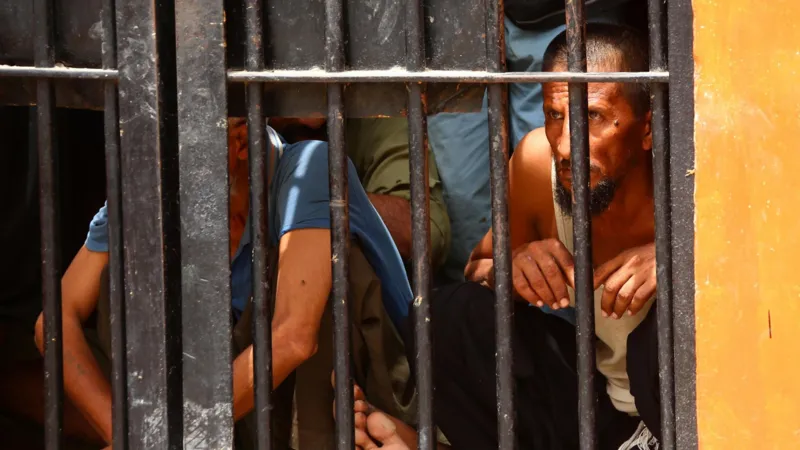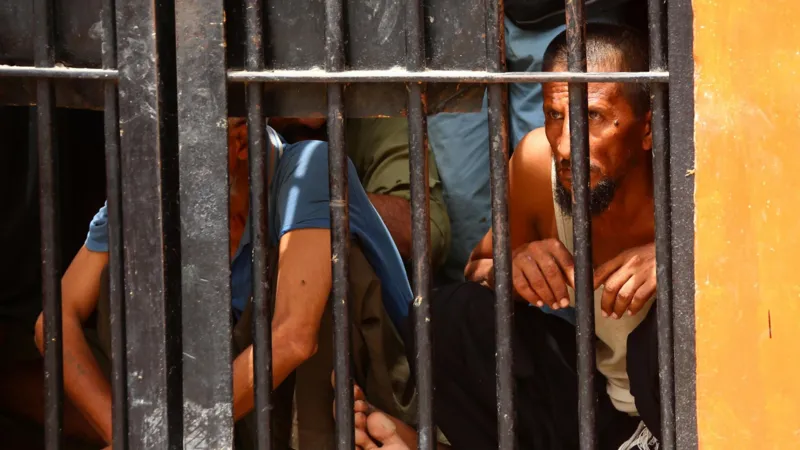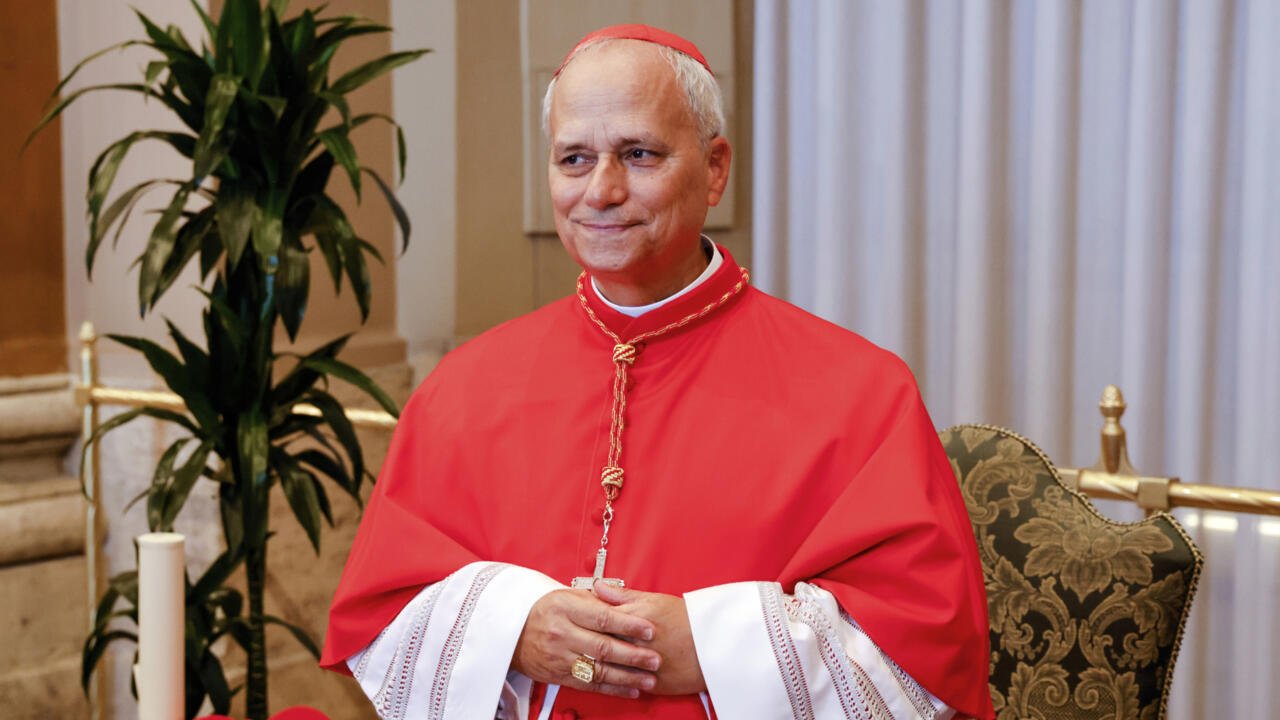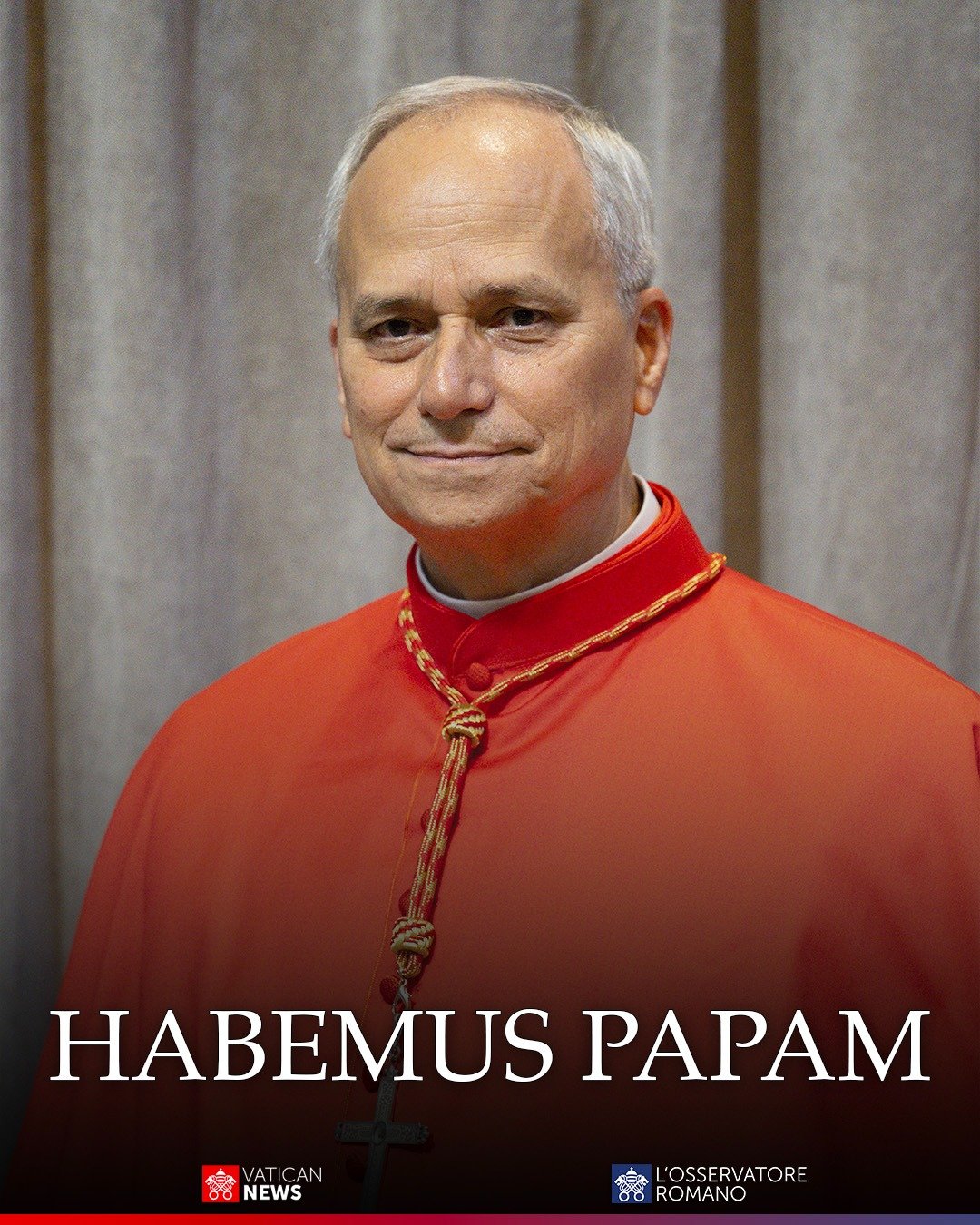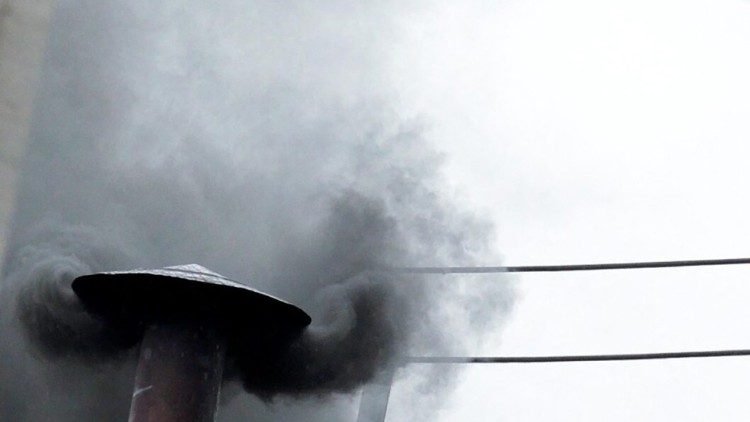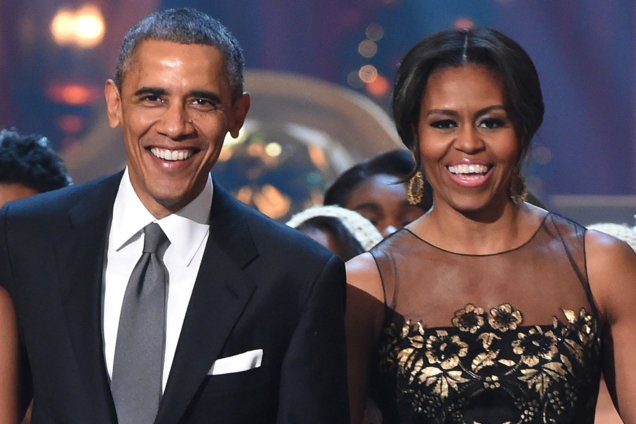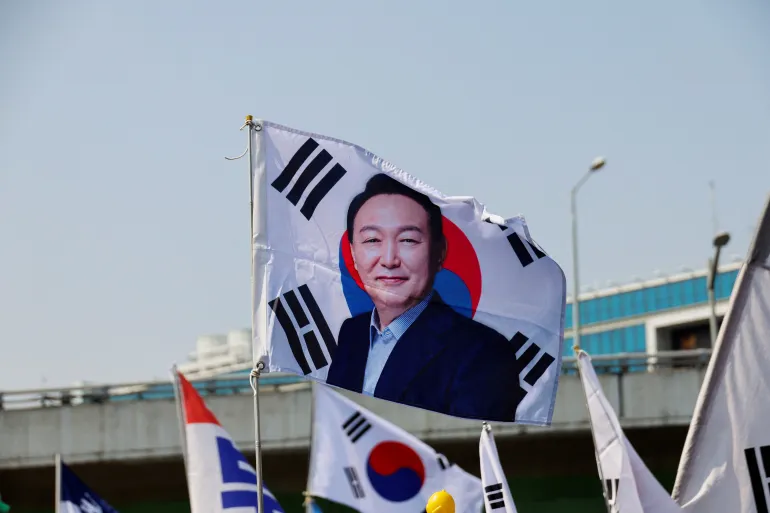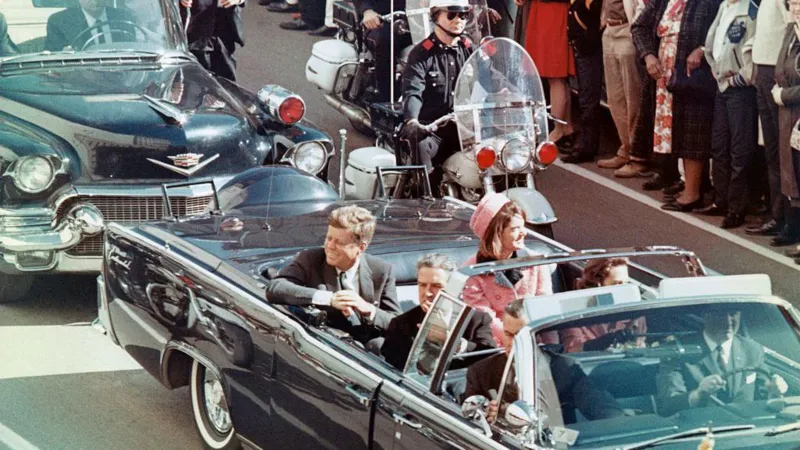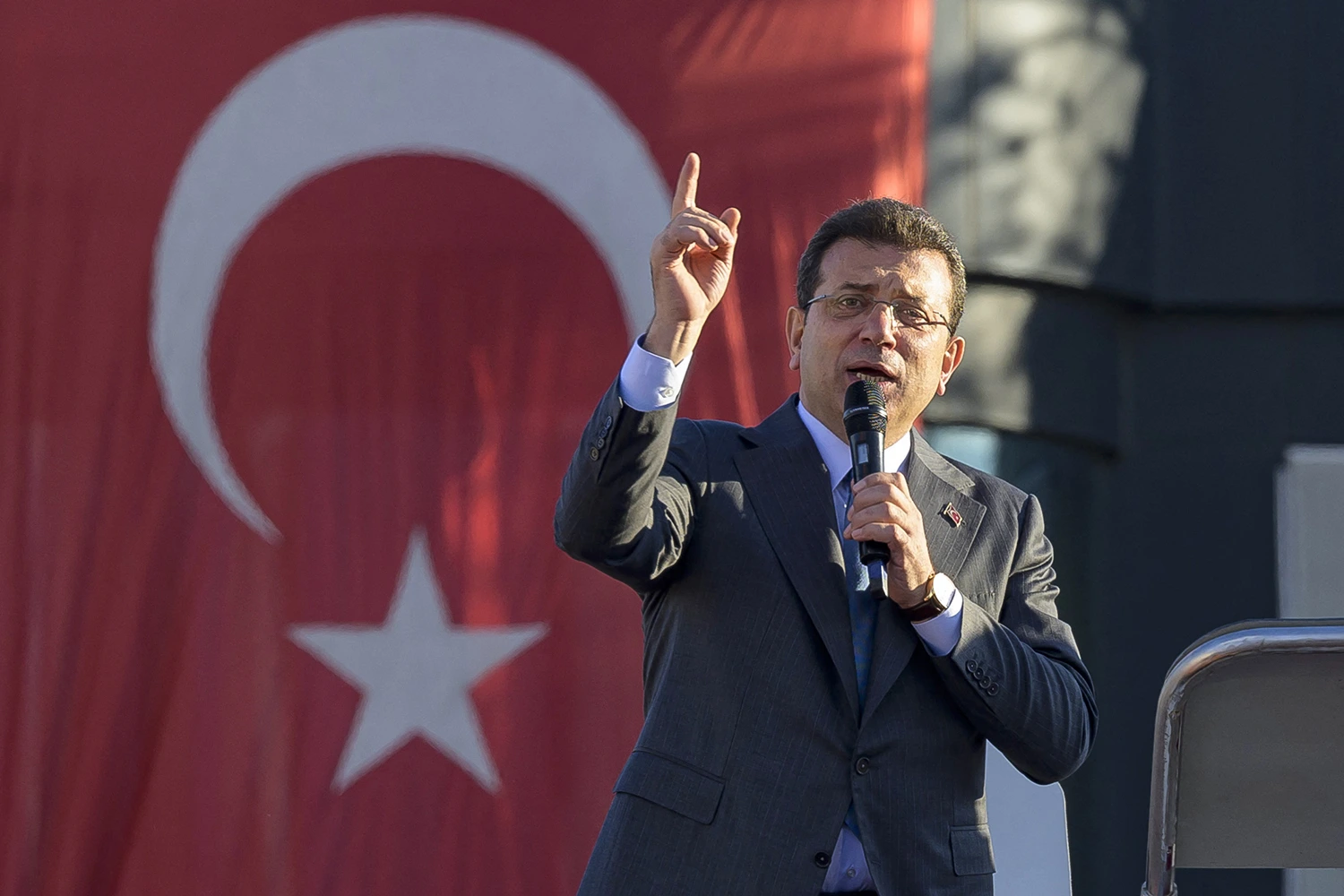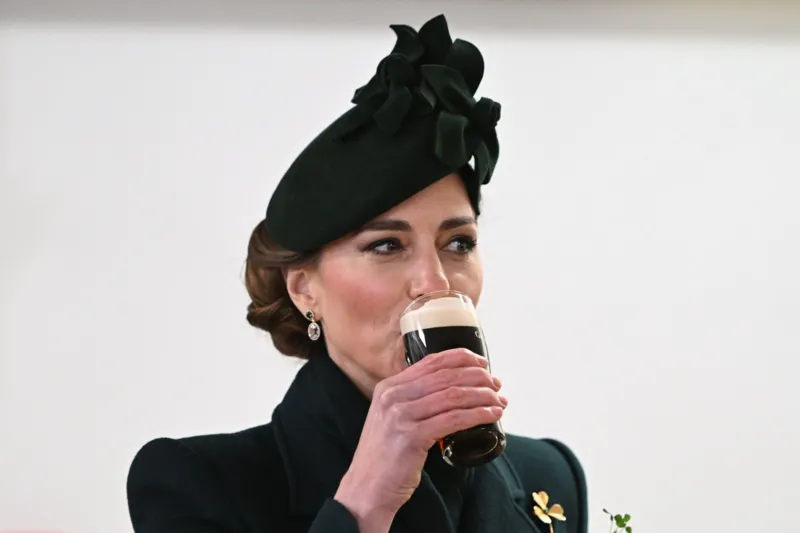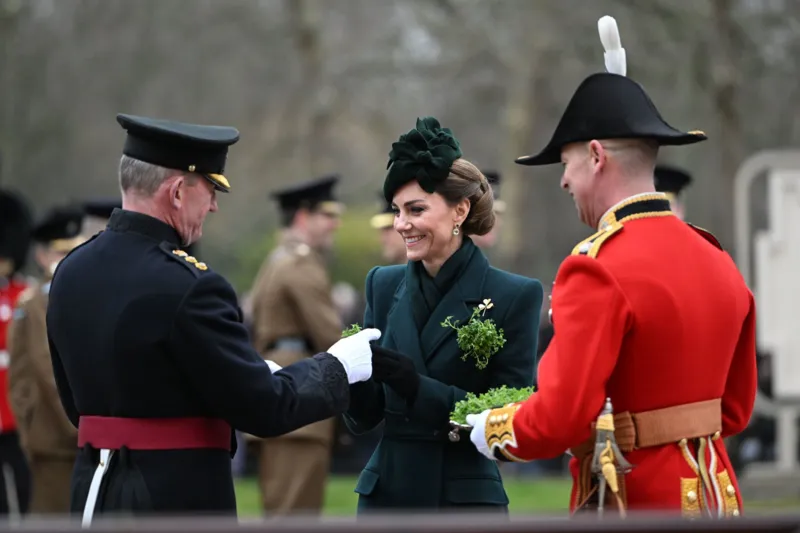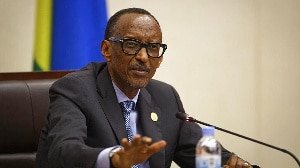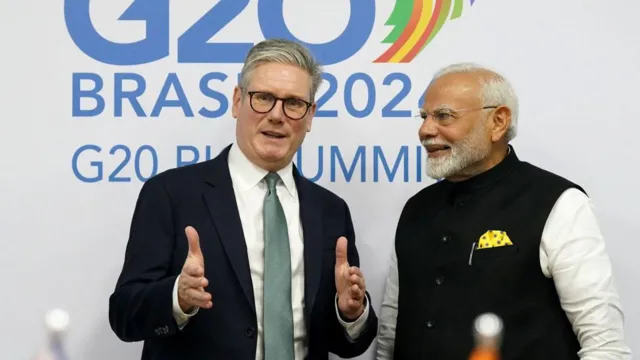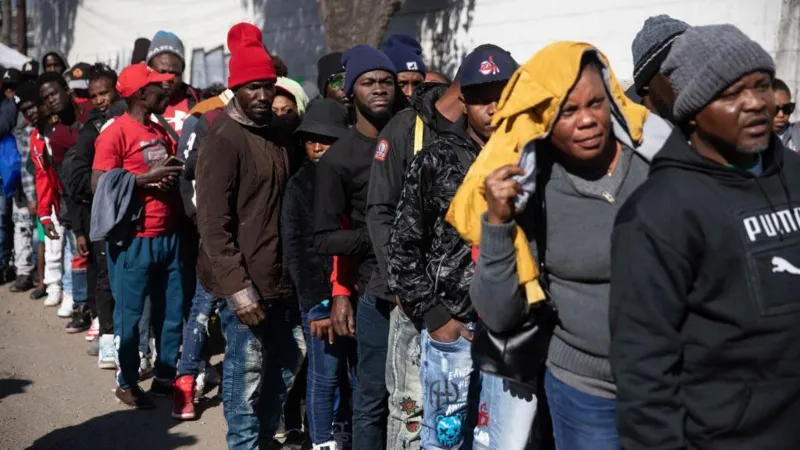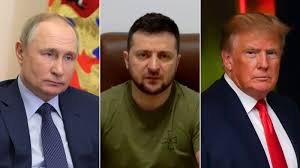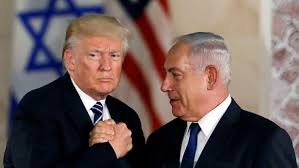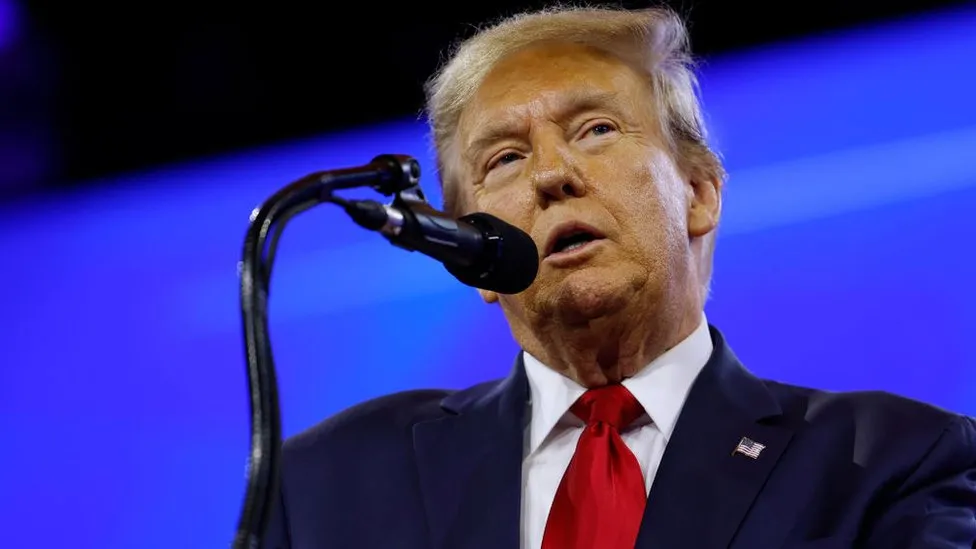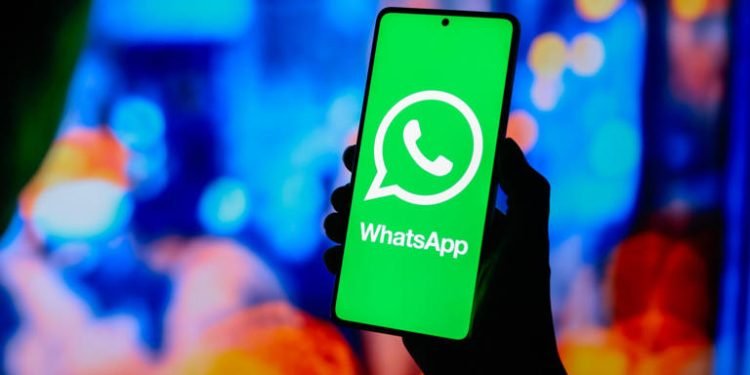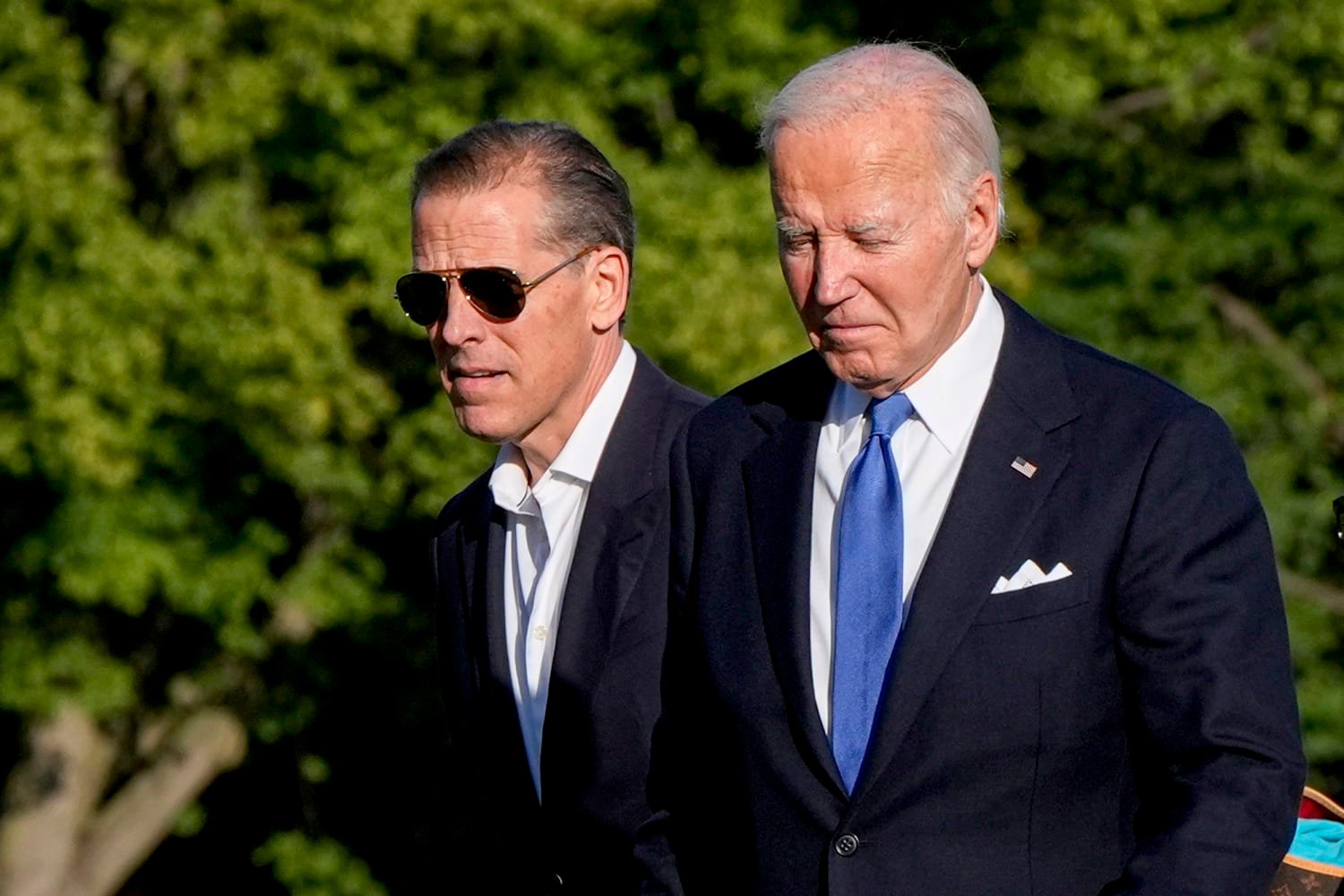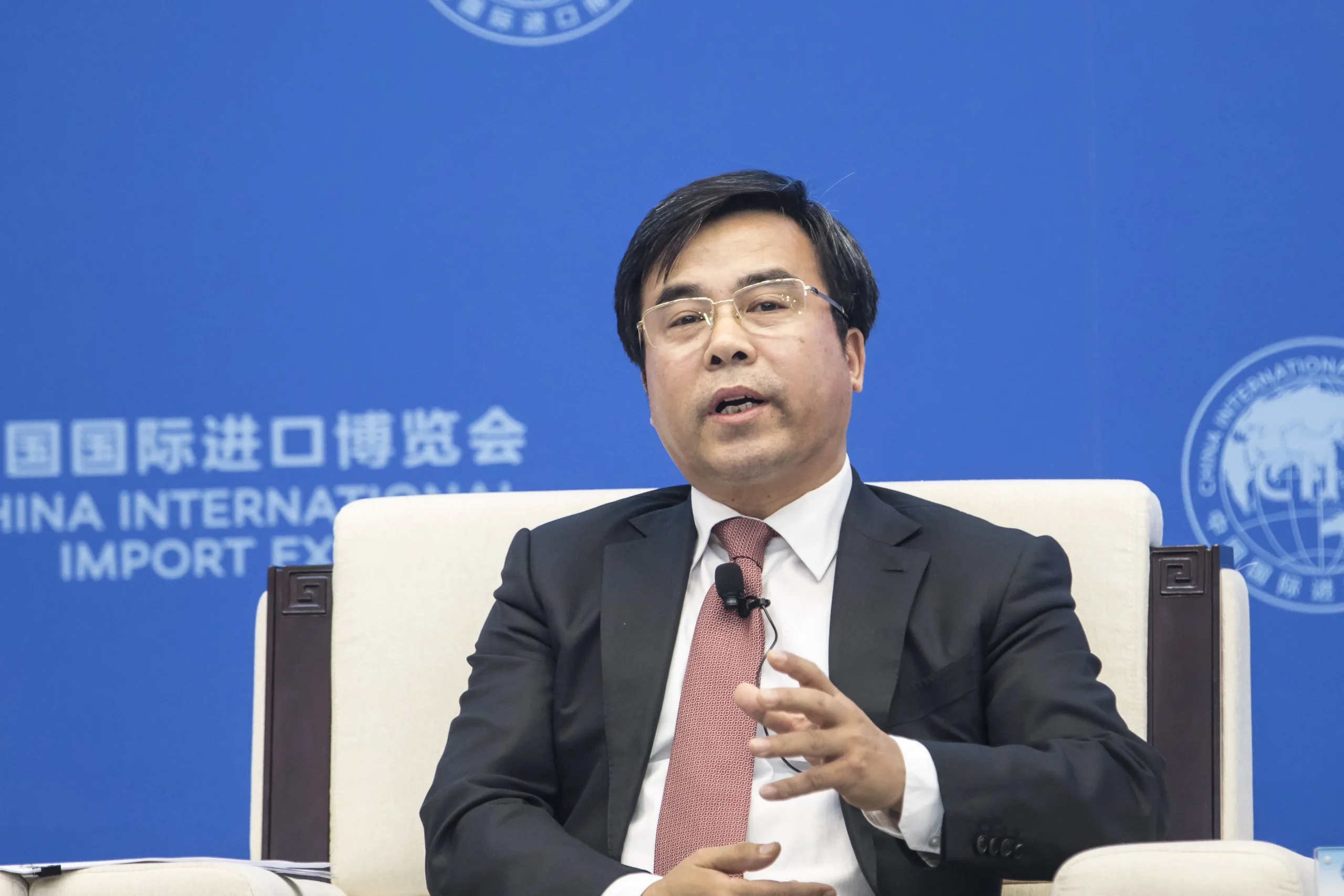Effective today, Monday, June 9, nationals of twelve countries across the world will not be able to enter the United States of America (U.S.A).
The countries affected by the latest travel ban are Afghanistan, Myanmar, Chad, Republic of the Congo, Equatorial Guinea, Eritrea, Haiti, Iran, Libya, Somalia, Sudan and Yemen.
The entry of people from seven other countries – Burundi, Cuba, Laos, Sierra Leone, Togo, Turkmenistan, and Venezuela – will be partially restricted.
This follows a directive issued on Wednesday, June 5, by U.S. President Donald Trump banning citizens of 12 countries from entering the United States, citing it as a move to protect his country from “foreign terrorists.”
The proclamation includes exceptions for lawful permanent residents, existing visa holders, certain visa categories, and individuals whose entry serves US national interests.
According to Trump, countries that have been subjected to stricter restrictions are known as ones that harbor a “large-scale presence of terrorists,” fail to cooperate on visa security, have an inability to verify travelers’ identities, as well as inadequate record-keeping of criminal histories and high rates of visa overstays in the United States.
The president made the final call on signing the proclamation after the antisemitic attack in Boulder, Colorado, according to a White House official.
He was considering it beforehand, but Sunday’s assault put it into motion faster. The suspect in the attack was an Egyptian national, but Egypt, in a twist of events, was excluded from the travel ban.
This is not the first time Trump has effected such a ban on countries.
During his first term, he issued a travel ban on January 27, 2017, through Executive Order 13769. According to the order, travelers from seven countries with most of their citizens being Muslims could not stay for more than 90 days in the US.
The Muslim countries were Iran, Iraq, Libya, Somalia, Sudan, Syria, and Yemen.
He also suspended refugee resettlement for 120 days and banned Syrian refugees indefinitely.
His administration justified the ban as a national security measure, arguing that these countries had high risks of terrorism and insufficient vetting procedures. However, the ban faced legal challenges and was revised multiple times before the U.S. Supreme Court upheld a version of it in 2018.
The recent ban has been met with opposition and displeasure, especially from the people expected to be affected by the ban.
Many feel disheartened and unfairly targeted.
Chad President Mahamat Idriss Deby Itno said he had instructed his government to stop granting visas to U.S. citizens in response to Trump’s action.
“Chad has neither plans to offer nor billions of dollars to give, but Chad has its dignity and its pride,” he said in a Facebook post, referring to countries such as Qatar, which gifted the U.S. a luxury airplane for Trump’s use and promised to invest billions of dollars in the U.S.
Afghans who worked for the U.S. or U.S.-funded projects and were hoping to resettle in the U.S. expressed fear that the travel ban would force them to return to their country, where they could face reprisal from the Taliban.
Democratic U.S. lawmakers also voiced concern about the policies.
“Trump’s travel ban on citizens from over 12 countries is draconian and unconstitutional,” said U.S. Representative Ro Khanna on social media late on Thursday. “People have a right to seek asylum.”

